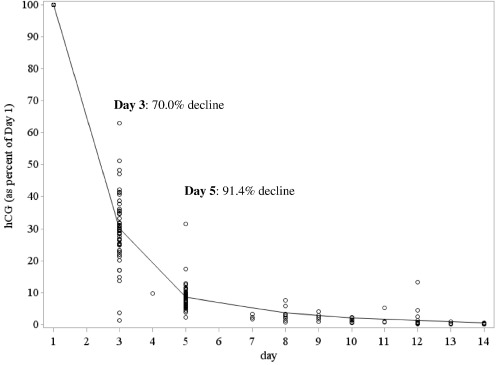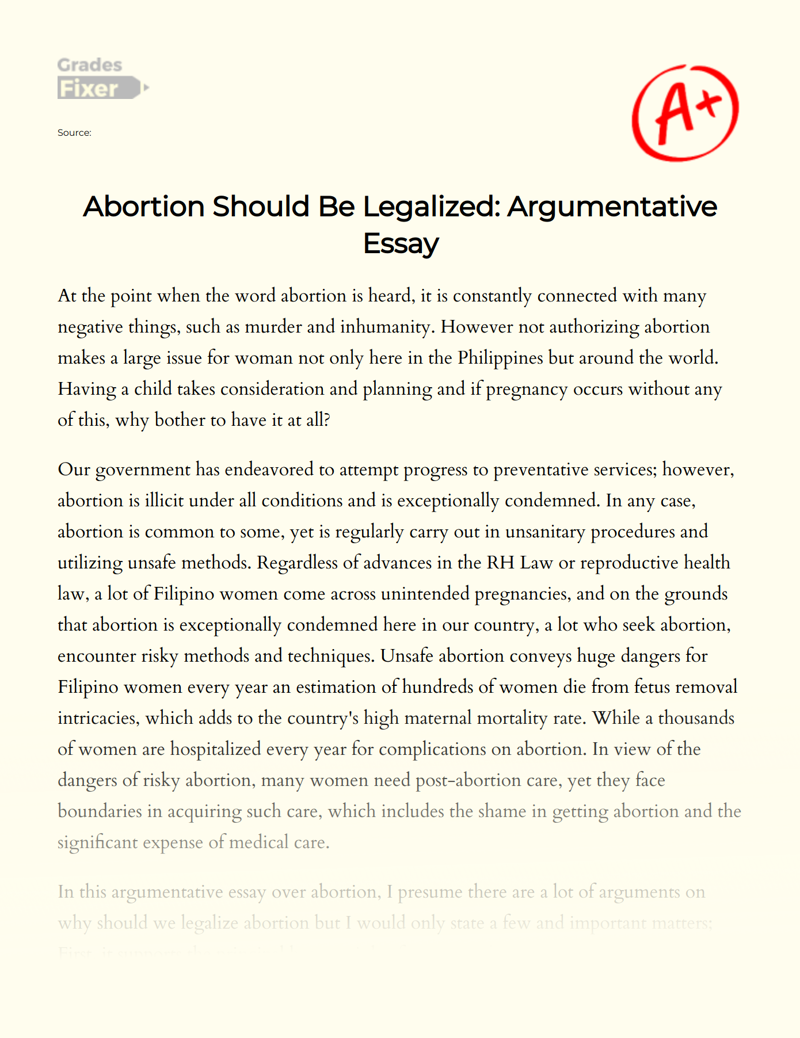Having multiple abortions can have serious physical and emotional consequences. It is important to prioritize reproductive health and explore alternative options.
Reproductive choices are deeply personal and can be influenced by various factors. However, it is crucial to consider the potential ramifications of multiple abortions on both physical and emotional well-being. Multiple abortions can pose risks such as damage to the uterus or complications in future pregnancies.
Moreover, the psychological toll of undergoing multiple abortions can lead to feelings of guilt, regret, and emotional distress. While each individual’s circumstances are unique, it is important to prioritize reproductive health and explore alternative options such as contraception, adoption, or seeking support from healthcare professionals and counseling services. By doing so, individuals can make informed decisions and safeguard their overall well-being.
The Controversy Of Abortions
The controversy surrounding abortions stems from deeply held moral, religious, and ethical beliefs. Proponents argue that women have the right to make decisions about their own bodies and reproductive health, while opponents contend that abortion is equivalent to taking a human life. This divisive subject has sparked heated debates in political, social, and religious arenas, fueling ongoing legal battles and public discourse.
Many believe that abortions are a controversial topic due to the complex intersection of personal autonomy, societal values, and religious principles. The arguments for and against abortions are deeply intertwined with individual perspectives and values, creating a contentious and ongoing dialogue that has yet to find a definitive resolution.
Understanding Abortion Statistics
Understanding abortion statistics is crucial in evaluating the impact of this sensitive issue.
Analyzing the global and national abortion rates provides valuable insights into the prevalence of this procedure.
This analysis requires considering several factors influencing the number of abortions.
Socioeconomic factors – Poverty, limited access to healthcare, and education play a significant role in determining abortion rates. Legal status – Countries with restrictive abortion laws tend to have higher rates of unsafe abortions. Cultural and religious beliefs – Societies with conservative attitudes towards women’s reproductive rights often have higher abortion rates due to limited access to contraception and comprehensive sexual education.
By examining these factors, we can gain a better understanding of why some regions experience alarming rates of abortions.
Health And Ethical Considerations
Examining the Ethical Dimensions of Abortion: Abortion is a complex and sensitive topic that prompts deep consideration from both a health and ethical standpoint. When it comes to the impact of multiple abortions on women’s health, it raises concerns and warrants attention. While abortion is generally considered a safe medical procedure, multiple abortions can have potential health risks. The physical toll of multiple abortions includes an increased risk of complications such as cervical damage, infection, and infertility. Furthermore, there are also emotional and psychological consequences to consider for women who undergo multiple abortions, such as feelings of guilt, grief, and regret. Ethically, one must navigate the delicate balance between a woman’s right to make choices about her own body and the value placed on the potential life of the unborn. This conversation requires a compassionate understanding of both the health risks and the ethical implications of multiple abortions.

Credit: www.who.int
Abortion Policies And Regulations
In various countries, abortion laws are influenced by the government’s stance on reproductive rights. The stringency of regulations varies greatly, with some nations limiting access to abortion services while others have more liberal policies. For example, some nations require mandatory waiting periods, counseling, or parental consent for minors seeking abortions, while others have less restrictive laws. Comparing abortion laws across different countries reveals the wide discrepancies and the impact of government policies. Each country’s approach to regulating abortions plays a crucial role in shaping public health and individual rights. It is important to investigate and understand the varying governmental influences on abortion policies to grasp the complexity of the issue globally.
Promoting Alternatives To Abortion
When considering the question of how many abortions are too many, it is crucial to focus on promoting alternatives to abortion. One essential aspect is supporting access to contraceptives and family planning. By providing individuals with the resources and information they need to prevent unplanned pregnancies, we can reduce the number of abortions. Contraceptives play a vital role in empowering women to make informed decisions about their reproductive health.
In addition to supporting access to contraceptives, it is crucial to provide resources and support for pregnant women. This includes offering comprehensive prenatal care, counseling services, and financial assistance for those who may need it. Supporting pregnant women in difficult situations can help them consider alternatives to abortion, such as adoption.

Credit: thehill.com
Frequently Asked Questions On How Many Abortions Are Too Many
What Are The Potential Risks And Complications Of Having Multiple Abortions?
Having multiple abortions can increase the risks of cervical damage, uterine perforation, and infertility. It can also lead to emotional and psychological consequences such as guilt, anxiety, and depression.
How Does The Number Of Abortions A Person Has Affect Their Future Fertility?
Multiple abortions can potentially impact a person’s fertility. Scar tissue from previous abortions may interfere with the implantation of a fertilized egg, leading to difficulty in achieving pregnancy. It is recommended to discuss concerns with a healthcare provider.
Are There Any Long-term Health Effects Associated With Multiple Abortions?
While most abortions do not have long-term health effects, multiple abortions may increase the risk of future pregnancy complications such as premature birth or low birth weight. It is best to consult with a healthcare professional for personalized advice.
Conclusion
In considering the topic of abortion, it is important to recognize the complexity and sensitivity of the issue. Each situation is unique and personal, and there is no one-size-fits-all answer. It is crucial to approach the topic with empathy, understanding, and respect for the individuals involved.
It is our collective responsibility to support and empower individuals facing difficult decisions and ensure access to comprehensive reproductive healthcare.



